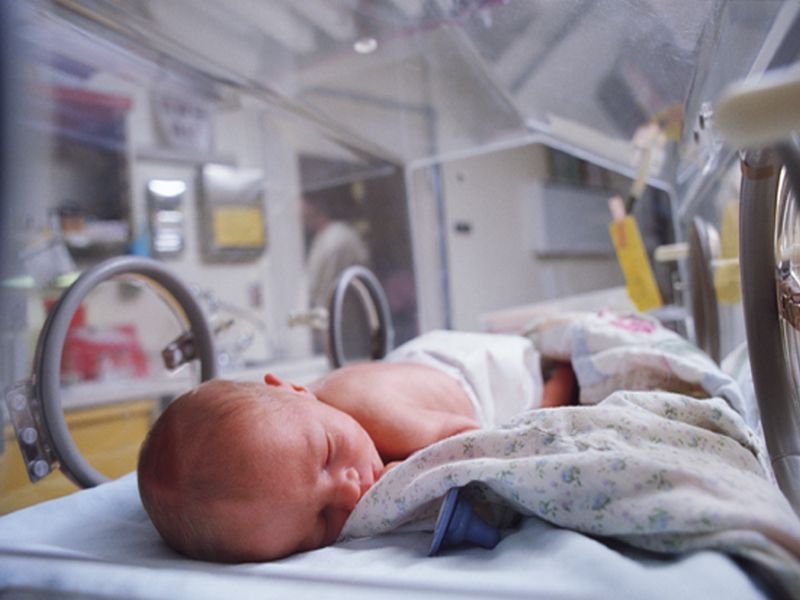WEDNESDAY, Feb. 24, 2021 (HealthDay News) — In this pandemic era, moms-to-be understandably worry about the risks COVID-19 might pose to their baby. A new study offers some answers.
Pregnant women with COVID-19 may be more likely to have a preterm birth. But they don’t have an increased risk of stillbirth or baby death soon after birth, researchers found.
“The finding that COVID-19 infection does not increase the risk of stillbirth or baby death is reassuring. However, a suspected or confirmed COVID-19 diagnosis was linked to a higher risk of preterm birth, and it isn’t entirely clear why,” study co-author Dr. Christoph Lees said in an Imperial College London news release. He’s a professor of obstetrics at the college.
The researchers analyzed data from more than 4,000 pregnant women in the United States and United Kingdom who had suspected or confirmed COVID-19, and gave birth between January and August 2020.
Most of the women did not have preexisting health problems such as diabetes or a respiratory condition such as asthma.
None of the women’s babies died from COVID-19, and the women didn’t have higher-than-normal rates of stillbirth or low birth weight babies, according to the study.
However, they did have an increased chance of preterm birth, which is birth before 37 weeks.
The rate of preterm birth among the U.S. women was almost 16%, which is 57% higher than the national average of 10%. The rate was 12% among the U.K. women, which is 60% higher than the national average of 7.5%.
Here’s one possible reason for the higher preterm birth rates among women with COVID-19: Doctors may have delivered babies earlier due to concerns about how the infection would affect mothers and infants, according to the researchers. They noted that the rate of spontaneous preterm birth in the study was lower than expected.
The study supports COVID-19 vaccination efforts, said study co-author Ed Mullins.
“This study supports the prioritization of vaccination for women who are pregnant or who plan to become pregnant, and existing measures that protect women in pregnancy from infection, in order to reduce preterm birth,” said Mullins, who is a lecturer in the college’s department of metabolism, digestion and reproduction.
The findings were published recently in the journal Ultrasound in Obstetrics and Gynecology.
More information
For more on COVID-19 and pregnancy, see the World Health Organization.
SOURCE: Imperial College London, news release, Feb. 23, 2021
Copyright © 2026 HealthDay. All rights reserved.

